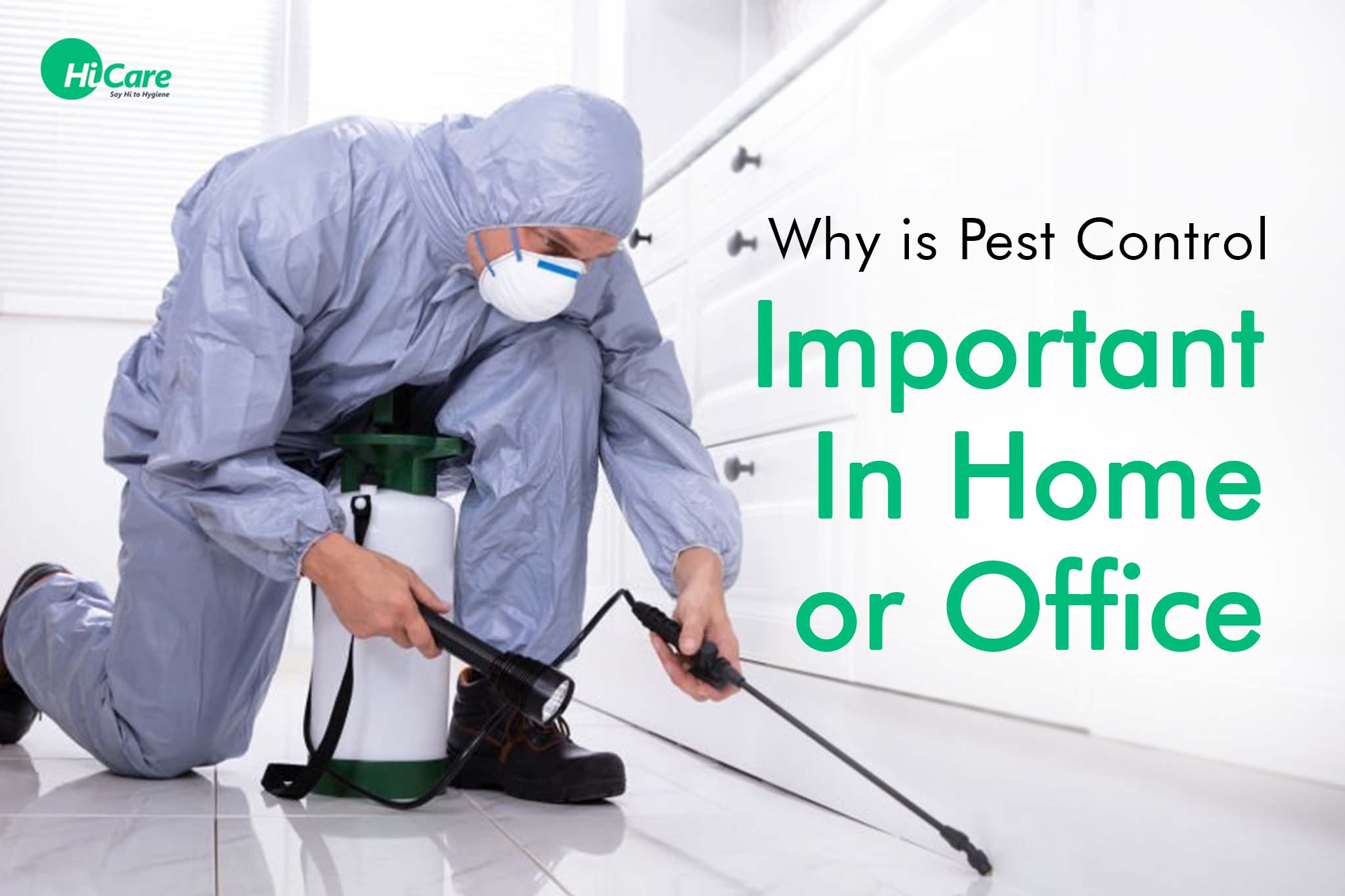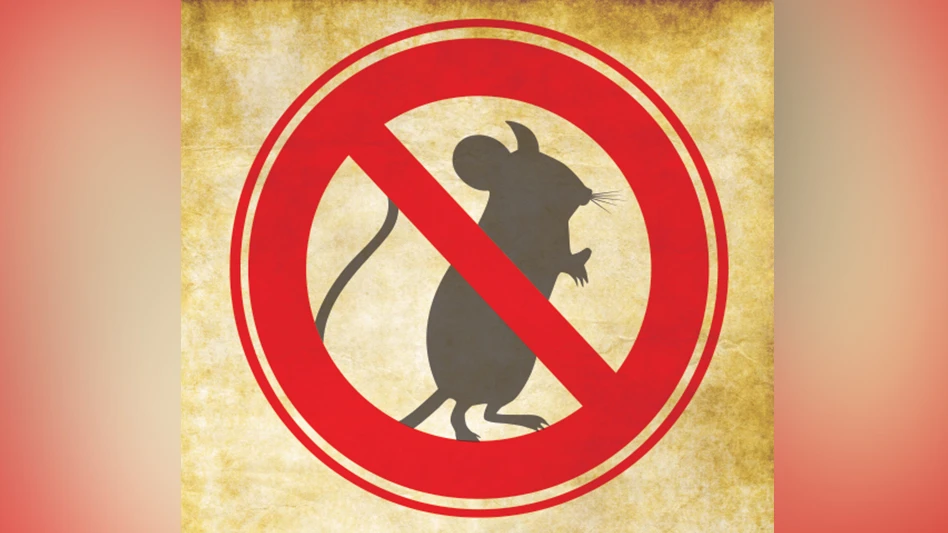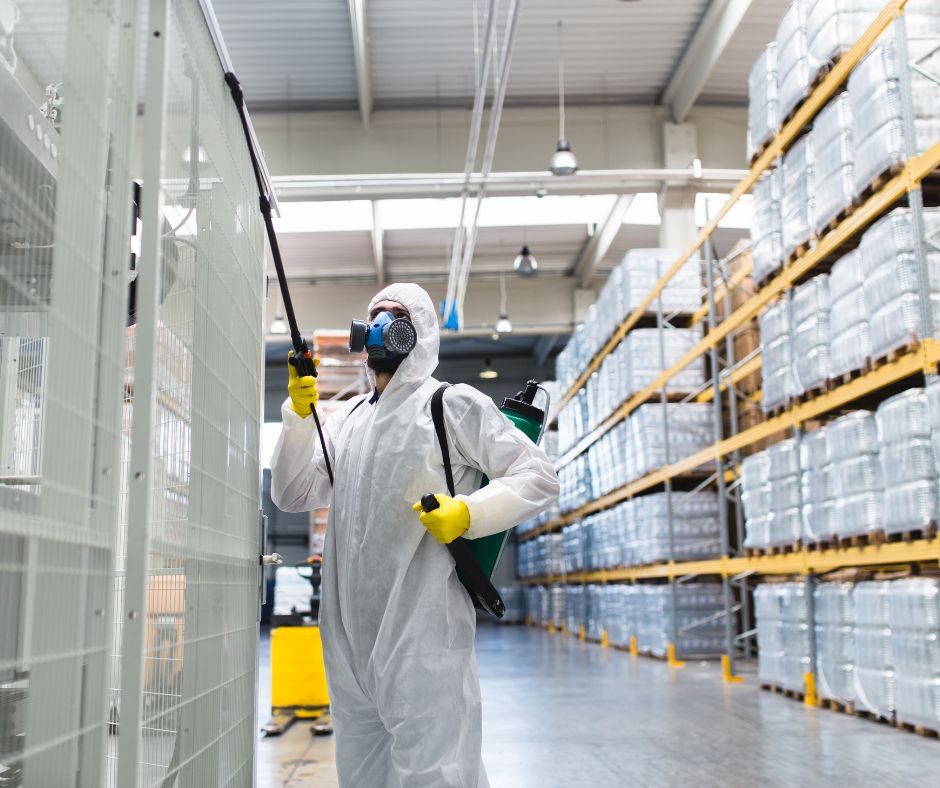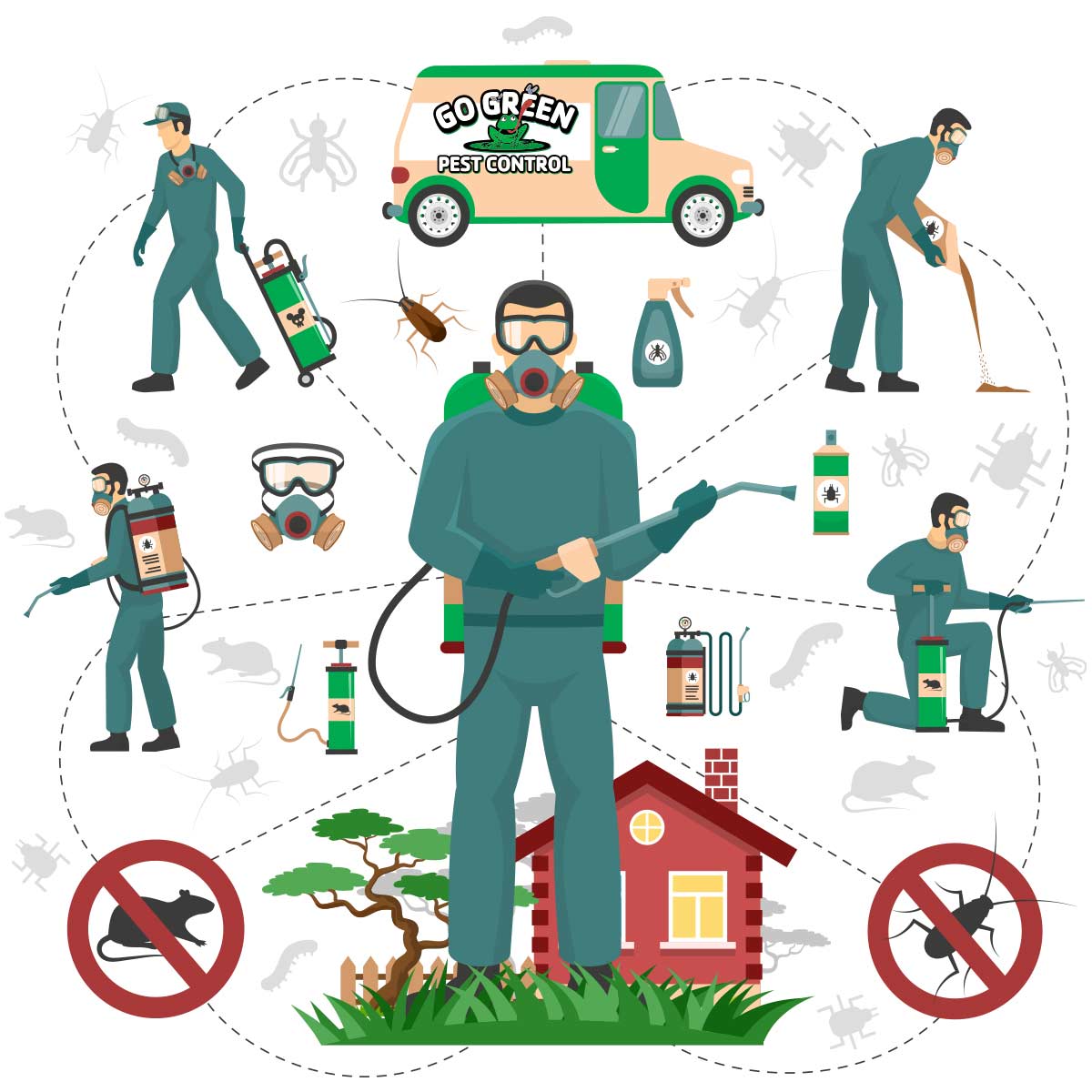Get Rid of Mosquitoes with Professional Mosquito Control Services in Port Charlotte
Discover the Relevance of Parasite Control in Preserving a Healthy And Balanced Setting and Treatment Strategies

The Role of Bugs in Ecosystems
Bugs, frequently watched entirely as hassles, play a multifaceted function in ecosystems that is important for keeping eco-friendly balance. They add significantly to various environmental procedures, including pollination, nutrition biking, and bug control. Many insect types, such as and butterflies, are crucial pollinators for a wide range of plants, which in turn supports biodiversity and food production.
Additionally, insects act as target for countless killers, creating a crucial link in food internet. This interdependence guarantees the survival of different types and assists control populations within environments (Termite treatment Port Charlotte). Decomposer parasites, such as particular beetles and fungis, are critical in breaking down organic matter, hence enhancing soil and helping with nutrient recycling.
Conversely, while pests can be beneficial, their overpopulation or intrusion right into non-native atmospheres may disrupt these eco-friendly features. This complexity underscores the relevance of recognizing bug dynamics, as reliable bug administration techniques must take into consideration both their environmental functions and potential influence on human activities. Stabilizing pest existence while reducing harm is crucial for protecting the integrity of ecological communities and making sure agricultural efficiency.
Health Threats Related To Pests
The existence of pests in numerous environments expands past their environmental roles, as they likewise pose considerable health dangers to pets and people. Many bugs, including parasites, rodents, and bugs, are carriers of illness that can have significant health and wellness effects. As an example, rodents are understood to transfer hantavirus and leptospirosis, both of which can bring about severe breathing and kidney concerns, respectively.
Pests such as ticks and mosquitoes are notorious for spreading out vector-borne conditions like malaria, dengue fever, and Lyme illness. These health problems can cause high morbidity and mortality prices, especially in at risk populaces. Additionally, pests like insects and roaches can aggravate allergic reactions and bronchial asthma, adding to respiratory problems in individuals, especially those with pre-existing conditions.
Additionally, the existence of insects can cause mental anxiety and pain, influencing total health. Contamination of food and surface areas by bug droppings and stays can cause foodborne health problems, highlighting the value of preserving sanitary conditions. For that reason, comprehending the health and wellness risks related to parasites is critical in identifying the need of efficient insect management strategies to safeguard human and animal wellness.

Benefits of Effective Insect Control
Efficient link pest control is essential for keeping a healthy and balanced and risk-free environment, as it continually alleviates the various risks connected with insect problems. One of the main benefits of efficient insect administration is the reduction of wellness risks.
In addition, efficient pest control safeguards property and frameworks from damage. Lots of parasites, like termites and woodworker ants, can create substantial structural damages that might need pricey repair work. By proactively taking care of these companies, problems and homeowners can safeguard their financial investments.
Another significant advantage is the enhancement of total discover this info here top quality of life. A pest-free environment contributes to mental wellness and lowers stress related to invasions. Effective insect control fosters a much safer environment for animals and children, guaranteeing that homes remain havens totally free from hazardous chemicals and disease-causing organisms.
Usual Parasite Control Strategies

In the world of insect monitoring, different techniques are utilized to combat problems efficiently. These strategies can be extensively classified into 3 main strategies: cultural, mechanical, and chemical controls.
Social control involves changing practices to minimize pest survival, recreation, and establishment. This may consist of plant rotation, appropriate sanitation, and habitat adjustment, which collectively produce a setting less favorable to pest proliferation.
Mechanical control employs physical methods to remove pests (Termite treatment Port Charlotte). Techniques such as obstacles, catches, and vacuum cleaners are frequently utilized to straight eliminate bugs from an area. This technique is especially efficient for handling rats and insects without making use of harmful chemicals
Chemical control involves the application of chemicals to take care of parasites. These materials can be classified into fungicides, herbicides, and pesticides, each targeting details kinds of bugs. It is vital to utilize these chemicals sensibly, adhering to safety and security standards and regulations to minimize possible damage to non-target types and the environment.
Each parasite control method has its constraints and advantages, and frequently, an incorporated method combining numerous techniques yields the ideal lead to maintaining a pest-free setting.
Sustainable Parasite Administration Practices
Lasting insect management techniques encompass a series of methods designed to decrease environmental influence while successfully controlling pest populaces. These practices focus on the use of eco friendly techniques over chemical pesticides, thereby lowering the risk of injury to non-target species, consisting of valuable bugs, wild animals, and people.
Integrated Parasite Management (IPM) is a foundation of lasting methods, incorporating biological, cultural, mechanical, and chemical methods to take care of pests. Organic control entails introducing natural killers or bloodsuckers to subdue pest populations. Social techniques, such as crop rotation and polyculture, interrupt pest life process and improve ecosystem durability.
Mechanical techniques, such as catches or obstacles, can efficiently avoid bug accessibility without chemical treatment. In addition, keeping healthy and balanced communities with appropriate soil administration, plant health and wellness, and biodiversity can normally alleviate parasite concerns.
Education and learning and understanding are essential parts, encouraging people and areas to recognize pest threats early and implement preventative actions. Termite treatment Port Charlotte. By cultivating an all natural strategy that stabilizes bug control with environmental stability, sustainable pest management techniques not only safeguard frameworks and plants however also add to a much healthier atmosphere for future generations
Final Thought

Understanding the wellness risks linked with parasites is essential in identifying the requirement of effective bug management approaches to secure human and animal wellness.
Efficient parasite control is necessary for keeping a safe and healthy and balanced environment, as it constantly mitigates the many risks connected with parasite invasions.Integrated Parasite Management (IPM) is a keystone of lasting methods, incorporating biological, cultural, mechanical, and chemical methods to manage bugs. By recognizing the role of bugs, identifying involved health and wellness threats, and employing varied therapy techniques, a sustainable technique to pest monitoring can be achieved. Integrated Insect Monitoring (IPM) stresses a holistic approach that alleviates injury to beneficial organisms while effectively regulating insect populations.